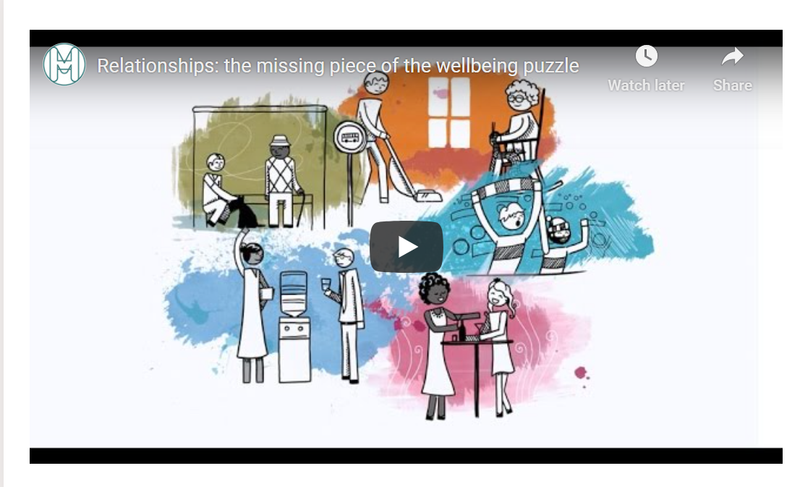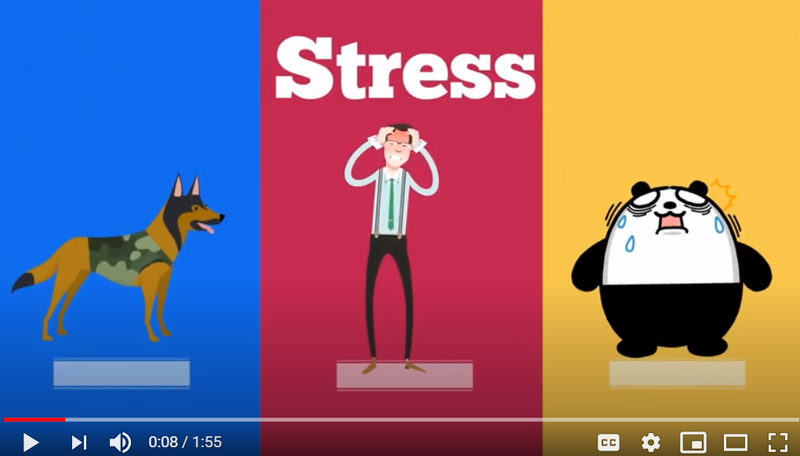Mental Health #https://www.myhealthweightloss.com/get-in-touch
Stress is a feeling of being under abnormal pressure. This pressure can come from different aspects of your day to day life. Such as an increased workload, a transitional period, an argument you have with your family or new and existing financial worries. You may find that it has a cumulative effect, with each stressor building on top of one another.
Read MoreWhat happens to my body when I experience stress? People react differently to stress. Some common symptoms of stress include sleeping problems, sweating or a change in appetite.6,7 Symptoms like these are triggered by a rush of stress hormones in your body which, when released, allow you to deal with pressures or threats. This is known as the 'fight or flight' response. Hormones called adrenaline and noradr
Read MoreWhile stress is a normal part of life, too much stress is clearly harmful to your physical and mental well-being. Fortunately, there are many ways to manage stress, and there are effective treatments for both anxiety and depression that may be connected with it. See more ways stress can affect your body. Everything You Need to Know About Stress Definition Hormones Cortisol Types Causes Symptoms Headache Ulcer Eating Work stress Anxiety Management Takeaway
Read MoreEvents such as ongoing minor arguments and disagreements, to larger family crises, such as an affair, illness or bereavement are likely to affect the way you think, feel and behave.
Read MoreResilience is achieved through the consistent progress we make each day towards our goals. These goals are the benchmarks we design our life around. To live as the exceptional human being we have the potential to be, we must be willing to risk, to know when to rest and to be unafraid to be different from the rest.
Read MoreDespite growing up in a family of therapists, the past eight months have revealed to me how difficult it can be to find the “right thing” to say to family, friends, and colleagues who are suffering. Even business emails seem to have taken on new weight: many have struggled with writing the phrase “hope you are well,” knowing that many of us are not, in fact, well.The COVID-19 crisis has resulted in more Americans experiencing symptoms of depression and anxiety. A recent survey from the Centers for Disease Control and Prevention found that almost 41 percent of American adults struggle with mental-health issues
Read More




